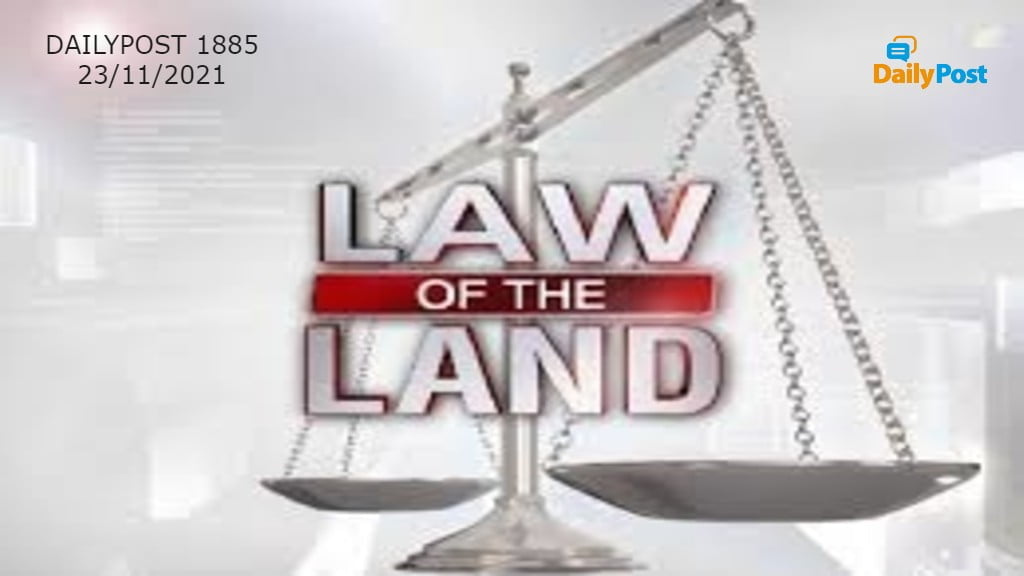In the history of a nascent country, law making started as a new skill, to be learnt by law makers, the legislatures, the governments and stakeholders. This has nothing to do with the knowledge of law or the subject concerned, but the whole process has to be brought to a robust and fair level. The enactment DNA needs to be created, which should wipe out all the discrepancies in the process. The first and foremost question which everyone involved should be able to answer, why every law is known as the law of land. Though law of the land phraseology has never been defined anywhere, whereas every single law is defined in this manner, clearly means the fairness of the law in every manner; the statute, the procedure, the enforcement et al for all. This also connotes the non-human part, the land itself; the natural resources and everything that goes with it.
How are laws made in this country? The practice at the time creation of Telangana and many other legislations have been a matter of debate in this country. The three wings of democracy have been very neatly delineated, the interplay between the executive and the legislature, which is inherent in the present system has brought forth operational nuances, which have become extremely knotty over the years. Does law making stand completely on its own? Who is responsible for the glaring discrepancies in the law? Is the legislature accountable for it? How can the right expertise be created in the legislatures, which can take care of all the responsibilities mandated to it.
Legislatures today carry the cross of the governments. A law making machine. The sovereign power of making the law of land actually takes them to a totally different pedestal, and that is where we talk of the ultimate interests of the nation / citizens. That which is supreme. The law does not mention governments / the treasury benches or the opposition, who voted for whom, does not matter if it passed by a voice vote, once through the process, it literally cannot be challenged. It exists for nearly all times and people and governments keep battling with it. Small procedural infirmities also do not get sorted out for ages. This is the strength of the law. Does the strength of law even come as a stray thought while the enactment happens?
What has to be clearly understood is that law is meant for the country and no partisan approaches can and should come into it, it goes against everybody’s interest inclusive of the ones who manufacture it. If the laws have to be repealed because of the pressures from outside, that is a food for thought about the process making it a law. Earlier as well, there has been an instance of legislature being taken through the Lokpal enactment with pressures from outside. How come glaring issues either remain outside the purview of the legislatures or remain indefinitely pending. However glaring gaps are shown within or outside the legislatures, generally, it is passed in the manner the government of the day wants. Public good is the sine qua non of democratic legislation, there can barely be two points of view on this count; have we lost it in our democratic journey.
LEGISLATURES ARE FINALLY RESPONSIBLE FOR THE QUALITY AND THE COVERAGE OF LAW.
Sanjay Sahay

